What soil do acers like? The wrong soil could be the reason your acer is struggling, according to experts
How to give your acid-loving trees the soil they deserve
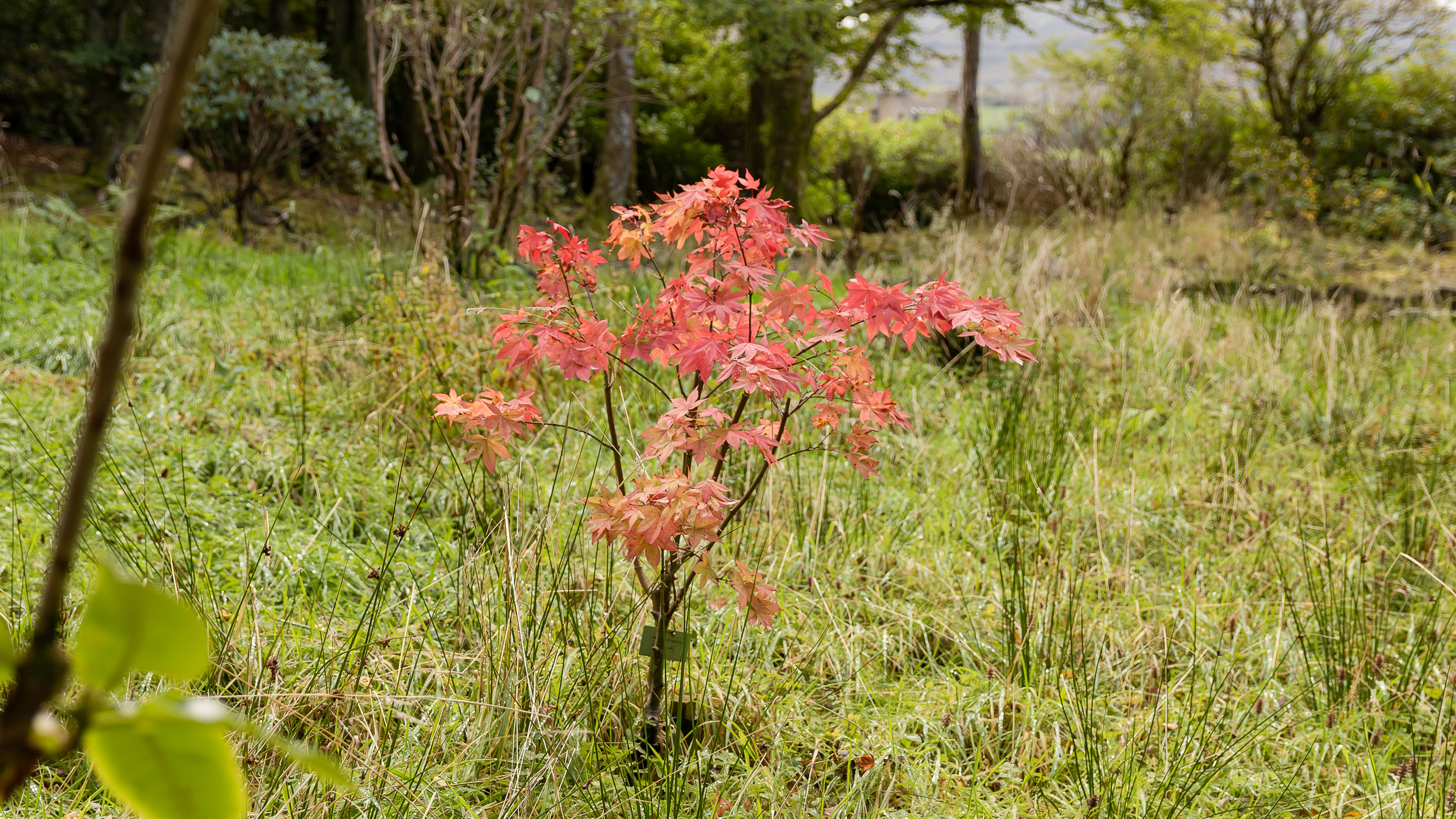

Acers, such as the Japanese maple, are a welcome and vibrant addition to any garden. While they have a reputation for being hard to grow, this is usually because they have very specific growing requirements - and you need to choose the right soil for an acer to thrive.
Yes, just as it’s important to research when to prune acers, it’s also important to research this tree's soil requirements. Choose the wrong soil, and your garden idea will fall at the first hurdle, and you won’t be able to take advantage of an acer’s ability to boost the value of your property.
Choose the right soil, however, and you’ll be able to enjoy the beautiful red leaves of this popular tree. So, what soil do acers like? We’ve asked the experts.
What soil do acers like?
With their distinctive leaf shapes and bold colours, acers are common privacy trees and a popular choice for those looking to bring a zen garden idea to life. They can also grow both in-ground and in containers, and how you choose to grow acers will ultimately affect the soil requirements.
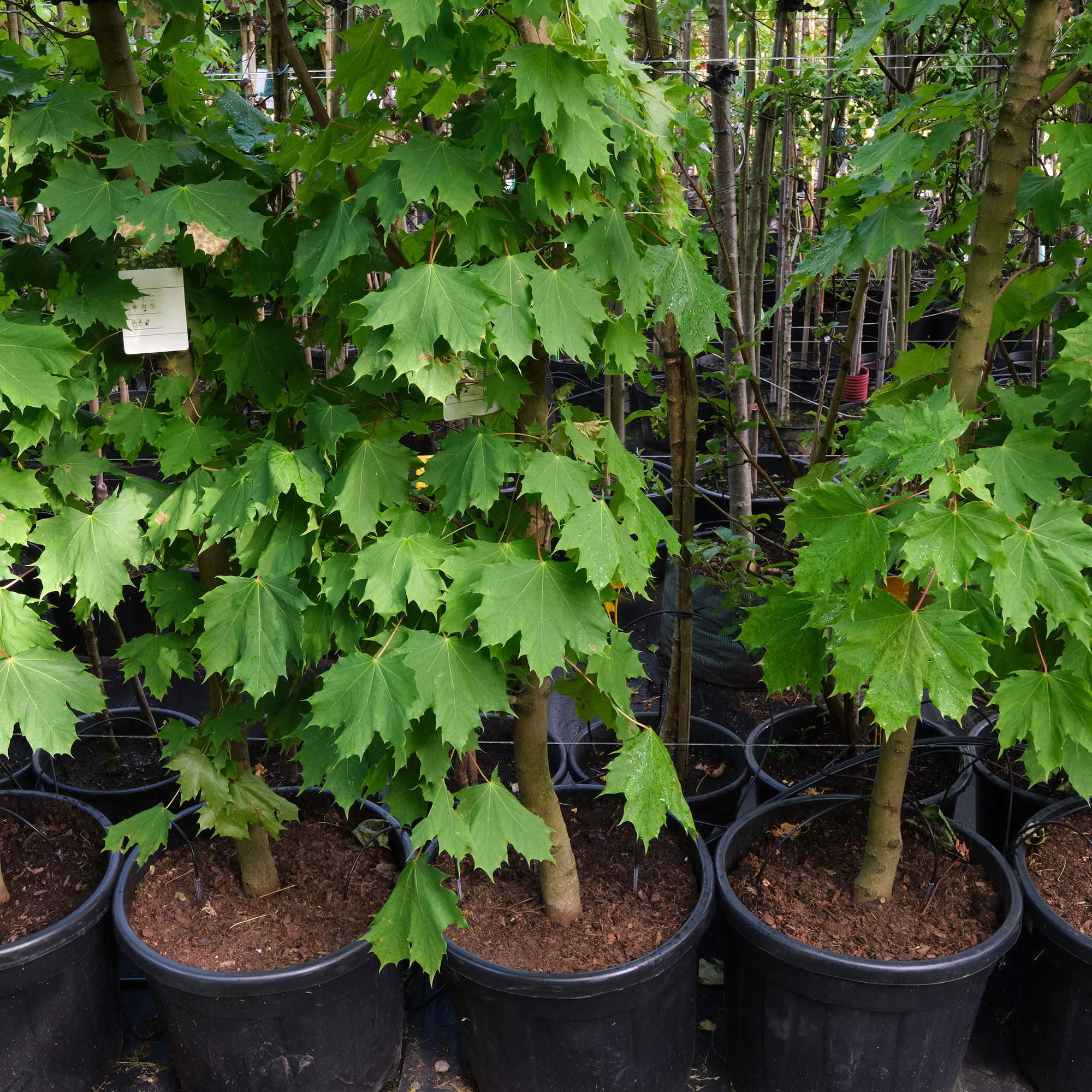
Steve Chilton, garden expert at LeisureBench, explains, ‘The majority of acers all require the same type of soil, however, I would recommend double checking with the needs of your particular acer variety before you follow any advice. Generally speaking, acers prefer slightly acidic soil. This is usually referred to as ericaceous soil when you're purchasing it.’
Ericaceous soil is a low-pH soil that is specifically formulated for plants and trees that require acidic growing conditions. In fact, ericaceous soil should also be used when growing fellow lime-hating plants such as rhododendrons, heather, and camellias.
Without this highly acidic soil, your acer may lack nutrients and produce weak, yellow leaves that are a far cry from the bright red leaves that acers are known for. Of course, this is something you seriously need to consider if you’re planning on planting an acer directly into the soil.
Before planting, it’s a good idea to test the pH of your soil using something like this Garden Tutor Soil pH Test Kit from Amazon. This way, you’ll know where you’re at and whether you need to add any ericaceous compost to the soil to give your acer its best chance at survival. You might not need to do anything, though.
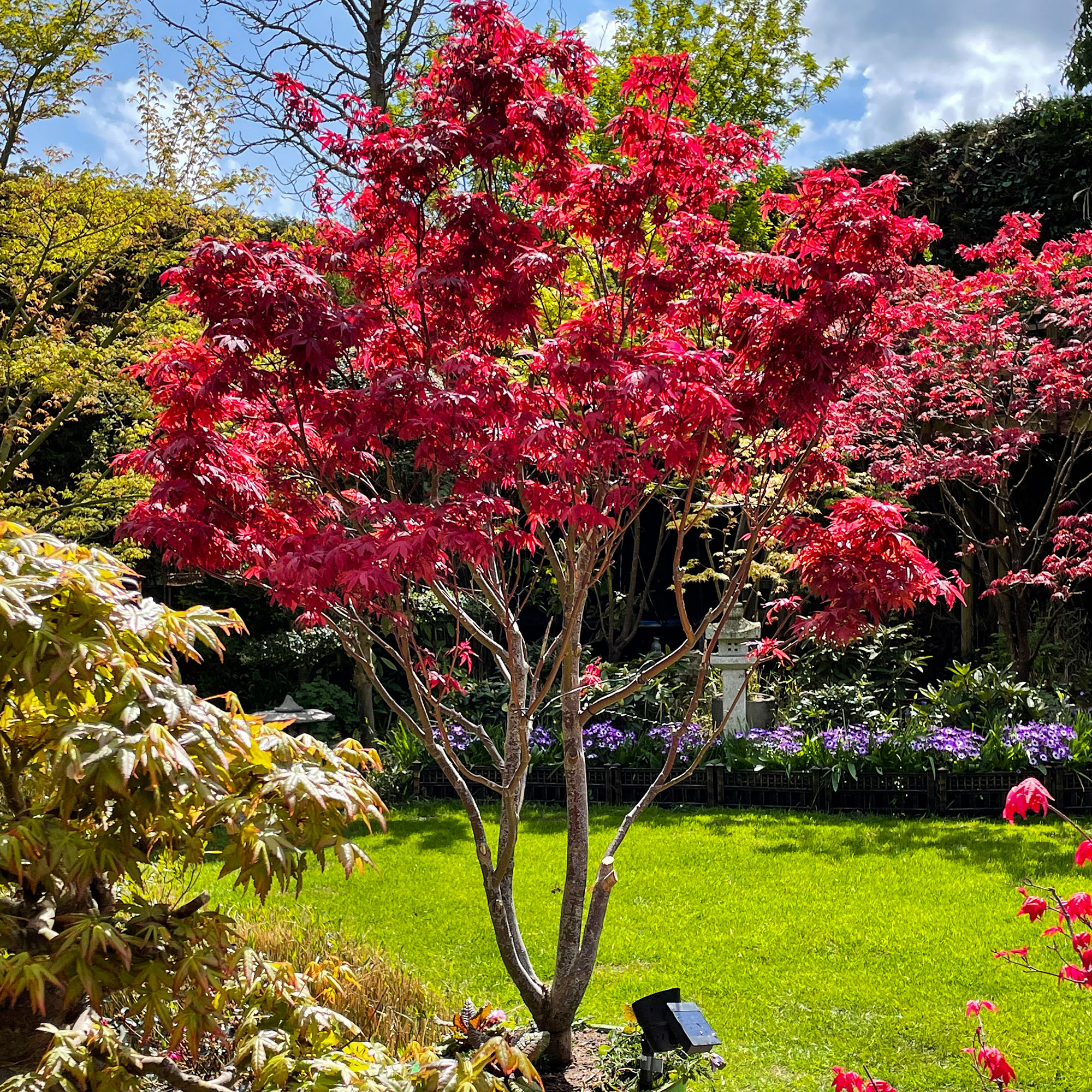
Craig Morley, a gardening expert from Budget Seeds, says, ‘If you are growing them in the ground in your garden you may not actually need specialist compost. As long as the soil in your garden is fairly moist and well-draining, as well as not being compacted, acer trees should be able to thrive.’
If you’re planting into a pot, however, you should probably give your acer some more TLC. Although you can pot into a container full of ericaceous compost, acers in pots also thrive in a mixture of ericaceous and loam-based soils. Some experts even suggest that a 50:50 mixture of the two is best.
So, the perfect combination for an acer in a pot will be a mixture of this Verve Ericaceous Compost from B&Q and then mix it with this John Innes NO.2 Potting-On Compost from Amazon.
Of course, growing acers isn’t a direct science, and some people find that acers can still be tolerant of neutral and even alkaline soils with a top-up of Westland Ericaceous Plant Food Granules every now and again. But if you want to give them their best chance of survival, opting for acidic soil will be your best bet.
Steve also adds, ‘I recommend keeping it well watered and ensuring that it's constantly mulched with organic compost in order for it to get the right nutrients.’
If you do find that you ultimately need to move your acer, make sure you know whether to transplant in wet or dry soil to maintain its health throughout this stressful process.

Steve is a passionate and knowledgeable garden expert with several years of experience within the field and has developed strong expertise for all things nature and plants. Steve is a keen educator and loves to share this knowledge with others. He strives to simplify complex garden practices and encourage eco-friendly gardening.
FAQs
Do acers need ericaceous compost?
Yes, acers grow best in highly acidic soil. Because of this, it’s best to plant them in ericaceous soil or compost. Remember to test your soil before adding ericaceous compost to your garden, though, as you don’t want it to be too acidic.
If you’re growing acers in pots, you can also grow them in a 50:50 mixture of ericaceous compost and loam-based soil. This will provide them with all of the nutrients they need to thrive.
Are acers better in pots or ground?
Although acers can grow extremely well in the ground, planting acers in pots allows you the chance to give them the care and attention that they need. For example, you can test out the soil and keep it topped up with ericaceous compost should it need it.
As acers are also vulnerable to cold temperatures and wind, growing an acer in a pot also means that you can move it around your garden and find its optimum growing position.
Do acers like sun or shade?
Although the sun can bring out an acer’s bright and bold red leaves, these trees generally prefer to live in partial shade. You should aim to keep them out of full sun and give them space to hide away from harsh sunlight and wind.
Craig says, ‘Even though acers are hardy plants, they will do best if placed in a spot that is sheltered from strong winds. Red and purple varieties will need some sun in order to fully develop their coloured leaves. Similarly, green-leaved acers can tolerate full sun, but they will need dappled shade to prevent their leaves from being scorched in overly bright conditions.’
Well, there you have it! Now you know what soil acers like, you can give your acer the best chance of survival.
Get the Ideal Home Newsletter
Sign up to our newsletter for style and decor inspiration, house makeovers, project advice and more.

Lauren Bradbury has been the Content Editor for the House Manual section since January 2025 but worked with the team as a freelancer for a year and a half before that. She graduated with a Bachelor’s degree in English and Creative Writing from the University of Chichester in 2016. Then, she dipped her toe into the world of content writing, primarily focusing on home content. After years of agency work, she decided to take the plunge and become a full-time freelancer for online publications, including Real Homes and Ideal Home, before taking on this permanent role. Now, she spends her days searching for the best decluttering and cleaning hacks and creating handy how-to guides for homeowners and renters alike, as well as testing vacuums as part of her role as the Ideal Home Certified Expert in Training on Vacuums, having spent over 110 hours testing different vacuum models to date!
-
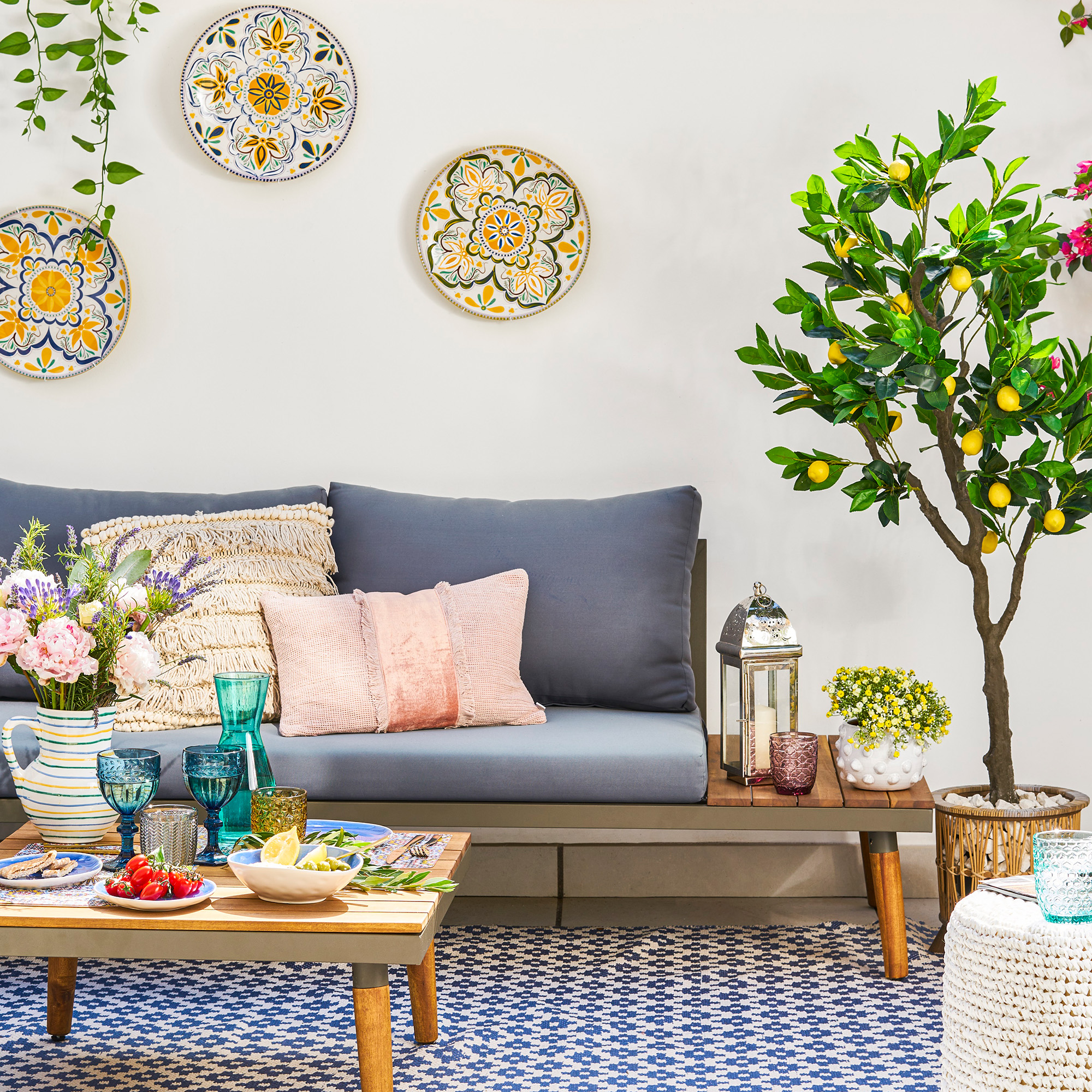 I spent the afternoon looking through Wayfair's garden sale – these are the 6 pieces I'm buying immediately for summer
I spent the afternoon looking through Wayfair's garden sale – these are the 6 pieces I'm buying immediately for summerThese are my must-have garden buys from the sale
By Holly Reaney
-
 Stripes have got a bold new look – here’s how to make the trend work in your home, according to interior experts
Stripes have got a bold new look – here’s how to make the trend work in your home, according to interior expertsAdd a pop of personality to the classic pattern
By Maddie Balcombe
-
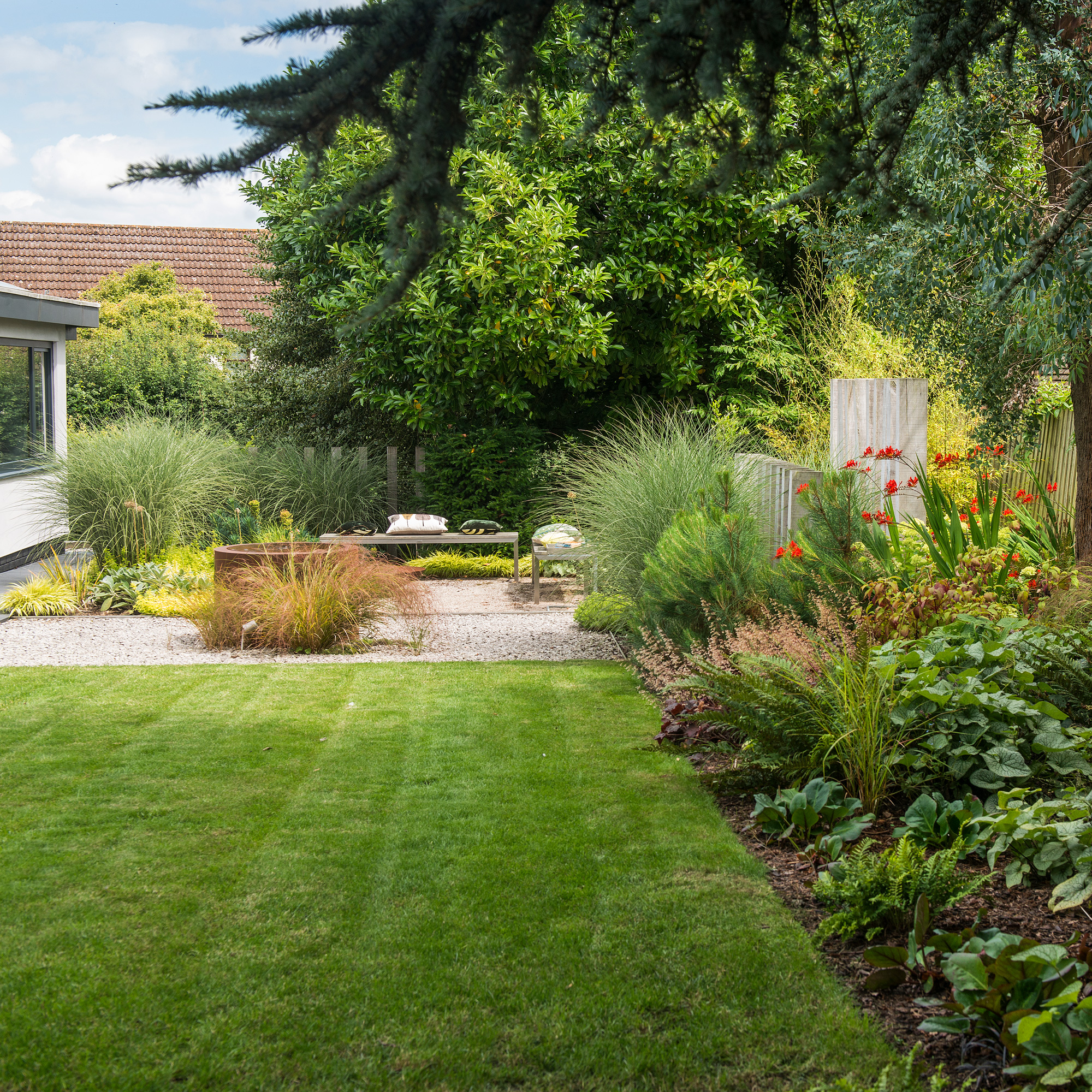 What to do if you've sown the wrong grass seed – experts reveal exactly how to fix it and get your dream lawn back on track
What to do if you've sown the wrong grass seed – experts reveal exactly how to fix it and get your dream lawn back on trackDon't panic! Follow this easy guide to putting it right
By Natalie Osborn